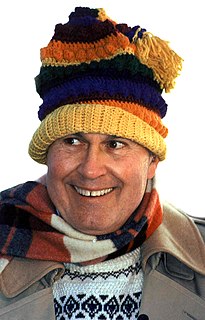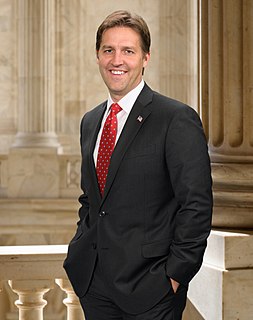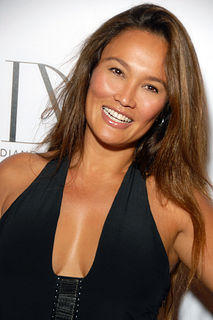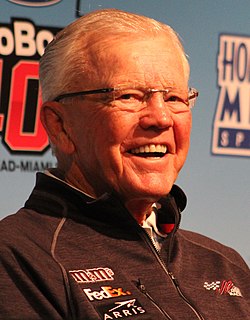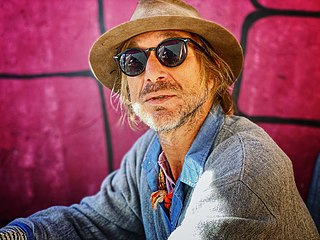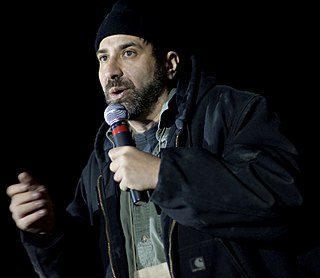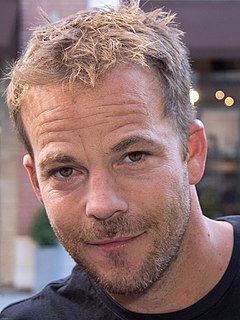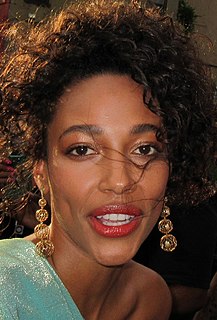A Quote by Willard Scott
My dad was an agent for Met Life. In the '50s, I remember the mortality rate was something like - you had - 58 was the average age. Then it was moved up to 62, and then 65, 68.
Related Quotes
Well, my dad was into music, but he wasn't into me being into music. In my house when I was a kid, when I was real young, my dad wanted us all to play sports, and we were jock-like. We had a lot of money. And my brother was sort of the light of our family, and he was a good athlete. And I wasn't a very good athlete, but I tried to be. And then when I was 15 my dad went bankrupt, and we moved to Houston. And I went with him, but then I went back to Portland.
I hang out with my dad mostly, my dad was in the military. He's at that age now where his war stories and other stories have blended together, so now you don't know what he's talking about. One time, we were surrounded, then we ran out of ammo, then we were fighting hand-to-hand, then we started dancing, and that's how I met your mother.
It wasn't exactly a cattle call. I had an agent, and they were seeing people for the parts, so my agent said, "Here's the script, see if there's anything that speaks to you." And I did, and I called my agent and said, "I think this character Data is kind of interesting," and she said, "Well, okay, I'll get you the appointment with Junie Lowry." I had to read with the casting agent first, 'cause nobody really knew me then. Then after that, I had, I think, six different auditions for the role. And finally it was me [on Star Trek].
What happened in Cuba, just to cut to the chase, their death rate from diabetes went down 50%, their death rate from heart attacks and stroke went down approximately 30% and all-cause mortality went down 18% while they adhered to the system. Then they opened up their pipeline again from Venezuela, and their health improvements went away.
Do you remember the time we met? The wind blew the snow about on the outside, the train moved, stopped, and then moved some more. It took us five hours to reach Tokyo, but I wasn't bored one bit. I didn't really get to hear so much about Nana. But I knew I would have loved... To hear what Nana had to say about herself. - Nana Komatsu
